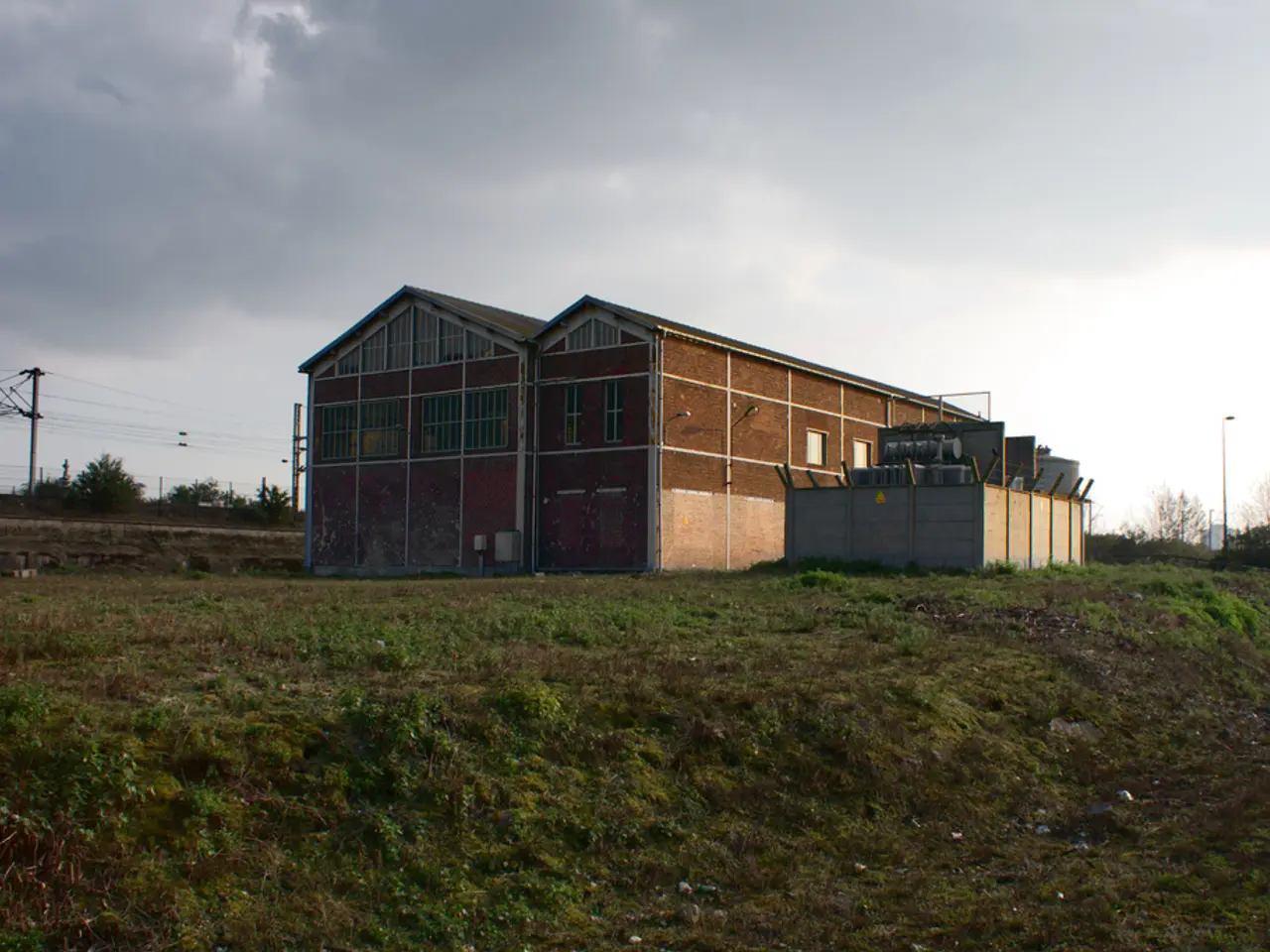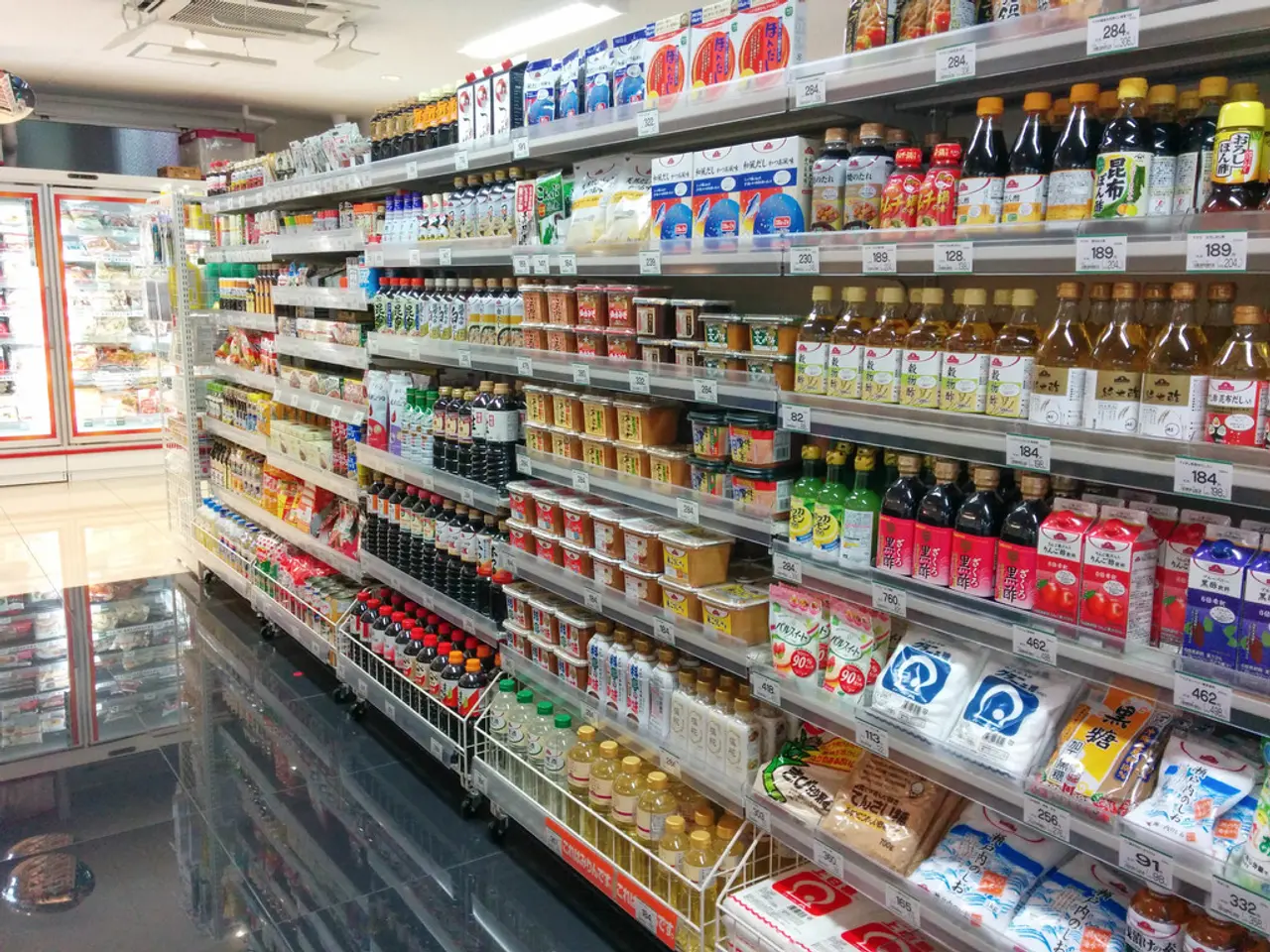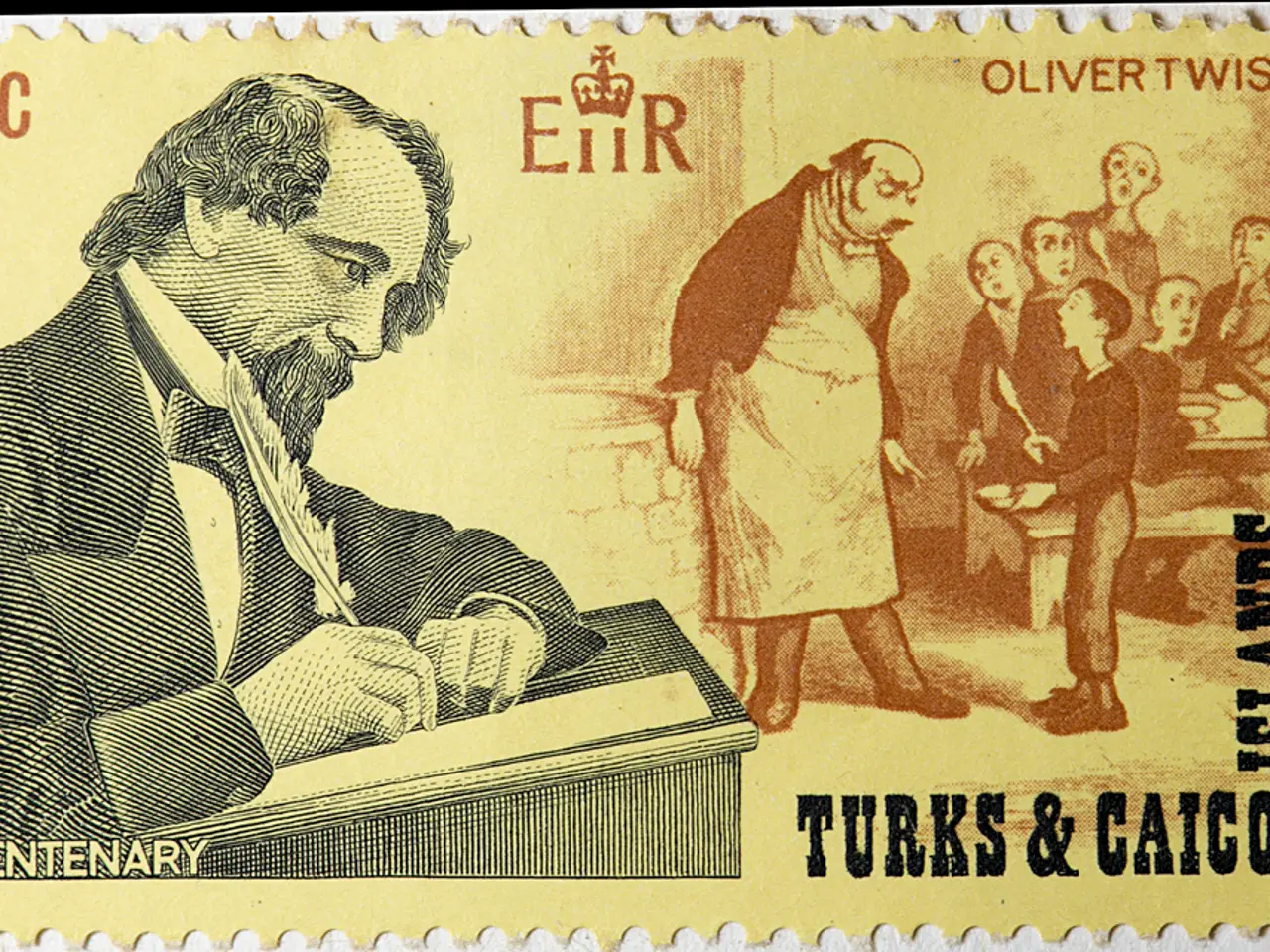Fresh Take: The Race Against Time: Merz and Macron Push for an Immediate Customs Deal with Trump
Leaders Merz and Macron urge expedited customs agreement with Trump
The countdown to a customs agreement between the US and EU is ticking rapidly. The deadline set by President Donald Trump in the trade dispute is fast approaching, within days. Chancellor Merz and French President Macron are aggressively advocating for a quick resolution to the issue.
As distinct deadlines approach, there's an increased urgency for a swift customs agreement between the US and EU. Merz and Macron are pressuring their respective teams to reach an agreement with Washington as soon as possible. EU Commission President Ursula von der Leyen has stated that the EU is prepared to reach an agreement but is also readying for the possibility of a non-satisfactory agreement.
After their recent summit, Merz informed journalists that the heads of state and government had urged von der Leyen to quickly strike a deal with the Americans. The urgency is palpable, with the deadline set by Trump expiring on July 9th.Negotiations are being led by the EU Commission, with Macron echoing the call for a "swift conclusion" to the agreement. However, he cautioned that the deal should not be reached at any cost.
In the past, Merz had been critical of the Commission's negotiation tactics, arguing that they were "too complicated." In response, the Chancellor has now toned down his criticism, focusing instead on the urgency for a basic agreement for key sectors such as automotive, chemical, and pharmaceutical industries, steel, and aluminum exports, under the current timeline.
Rumors are circulating that the agreement could be along the lines of the so-called "Swiss cheese" model. This model suggests that a general US surcharge of around ten percent could remain, with exceptions for critical sectors like the steel and automotive industries, heavily affected by Trump's tariffs. However, conflict remains as to whether Trump will be willing to abolish mutual tariffs in individual areas, as initially proposed by the Commission.
The pressure is mounting, with von der Leyen briefing the heads of state and government on the current state of negotiations. "We have received the latest US document for further negotiations. We're currently evaluating it," she told journalists.
The US-EU customs arrangement remains in limbo due to significant challenges, including tariff policies and the "Swiss cheese" model. The fate of the agreement hangs in the balance as the deadline for the current round of negotiations looms ever closer.
Behind the Scenes: Dissecting the US-EU Customs Agreement Negotiations
- Tariff landscape: The US has introduced and maintains tariffs on European goods, including a ten percent ad valorem tariff effective since May 14, 2025, as well as additional sector-specific tariffs, such as 25% on steel and aluminum products, which now cover EU imports entirely[1][4]. The EU has delayed implementing reciprocal tariffs, but the threat remains, especially as tariff deadlines near, particularly July 9, 2025[1].
- Negotiation hurdles and Swiss cheese model: The Swiss cheese model, referencing the perforated and layered approach to risk management in customs arrangements, symbolizes the fragmented alignment between US and EU regulations and tariffs. This model presents gaps (holes) in the agreement that lead to vulnerabilities such as legal disputes and enforcement gaps[2]. Despite ongoing discussions, the US administration's aggressive tariff strategy undermines the establishment of a robust customs framework [1][5].
- Negotiation dynamics and outlook: Efforts to negotiate a fresh US-EU trade deal face skepticism due to the unilateral tariff tactic employed by the US, which disregards prior agreements and commitments. The EU acknowledges that any deal must include strong, enforceable incentives to ensure the agreement's durability, as the current US administration views formal agreements as potentially temporary[2].
- Reciprocal tariff system: The US has considered and temporarily suspended a "reciprocal tariff" mechanism designed to match tariffs with those imposed by trading partners. The EU serves as a main target for this system, which could potentially result in average tariff increases of up to 20% on EU goods imported to the US if EU tariffs remain comparatively high[4]. This mechanism complicates negotiations as it's punitive rather than conciliatory, reinforcing the gaps in customs cooperation.
- Critical deadlines: As pressing deadlines loom, including July 9th, the negotiation window remains narrow. Recent setbacks, including stalled discussions and canceled meetings at summits due to unilateral US actions and a lack of cooperation from the US side, have further complicated the situation[1][5].
Conclusion:
The US-EU customs agreement negotiations are currently at a standstill due to US-imposed tariffs that breach prior commitments. The Swiss cheese model reveals the fragmented nature of customs and trade risk management, introducing gaps that allow for tariff discrepancies and enforcement weaknesses. The EU administration is grappling with the unpredictable nature of the US's aggressive tariff stance, which threatens a durable customs framework. With tight deadlines approaching, any future agreement will likely need strong, enforceable measures to ensure mutual commitment.
This analysis reflects the evolving trade and customs climate as of June 2025, with significant uncertainty around the resolution of US-EU customs and tariff disputes[1][2][4][5].
- In light of the mounting pressure and deadlines, the EU Commission is considering increasing the number of EU-funded projects in other key sectors, such as finance, politics, general-news, and industry, in addition to education and training, to counteract potential economic losses should the US-EU customs agreement fail.
- Despite the on-going deadlock in US-EU customs negotiations, leaders from various sectors are advocating for a swift resolution, recognizing the importance of having a stable customs framework in place, particularly for industries such as automotive, chemical, and pharmaceuticals that rely heavily on smooth trade relations with the US.




